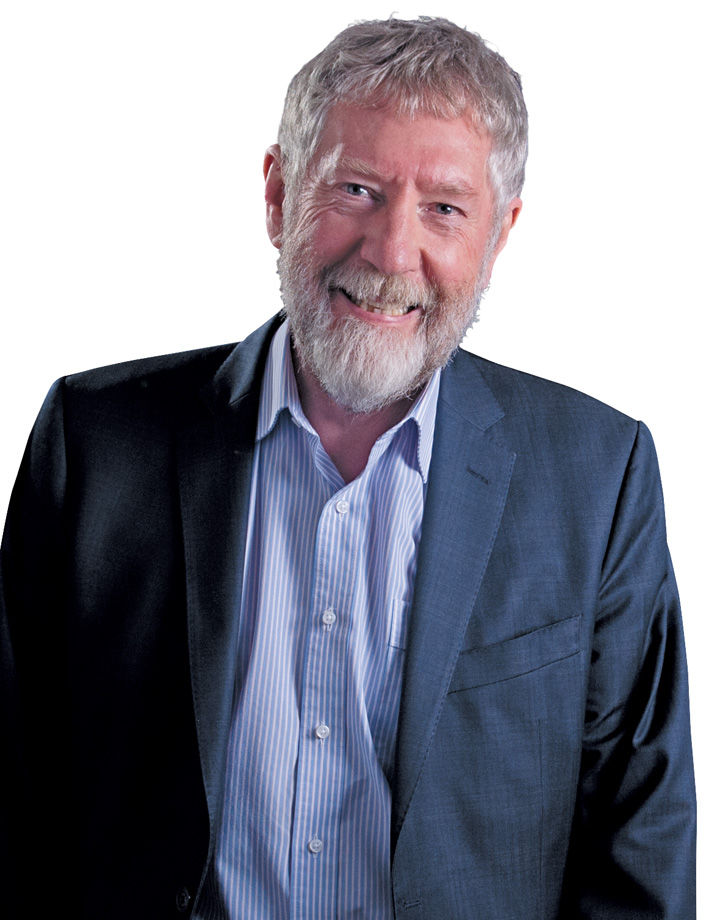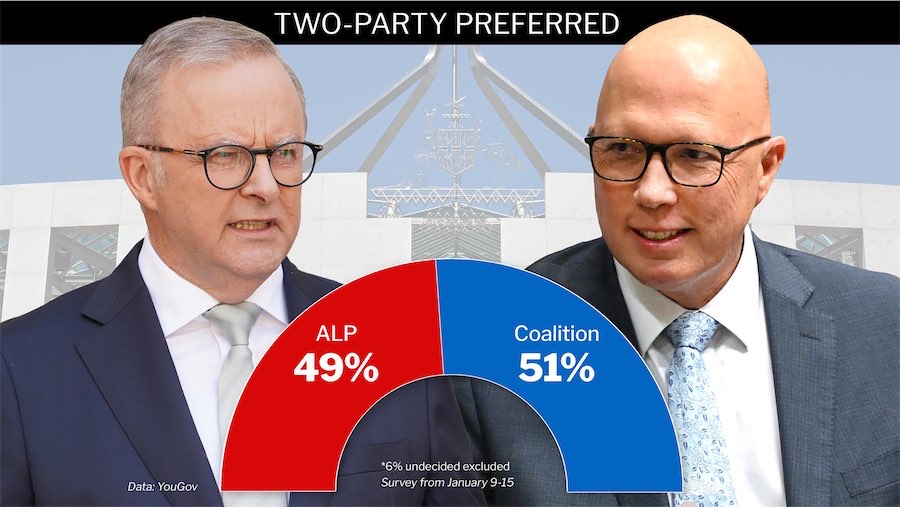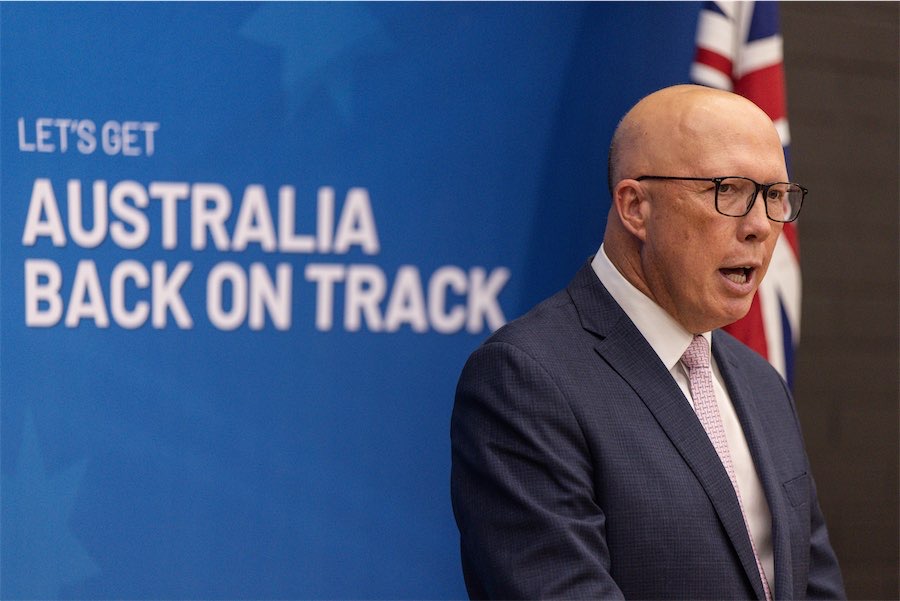“A quick look at social media reflects the anger felt by ‘Ken Behrens’ in the fading hope of home ownership with so little land being made available and prices skyrocketing,” writes political columnist MICHAEL MOORE.
THE ACT Budget provides a big hit for home owners and does little to make homes more affordable.

Instead, the government of Andrew Barr is surfing the wave of income from the increasing value of housing and the commensurate increase in revenue from rates and land tax. The Budget fails to find a serious solution to the challenge of home ownership.
A quick look at social media reflects the anger felt by “Ken Behrens” in the fading hope of home ownership with so little land being made available and prices sky-rocketing.
However, the Chief Minister’s prime goals during such a period of uncertainty make sense. In Barr’s words, it is “a Budget delivered under difficult circumstances, but one which has a simple purpose: to deliver what we promised the people of Canberra and to drive Canberra’s recovery from the COVID-19 pandemic”.
These are lofty ideals. And there are good-news stories that reflect promises made at the election. These include increases in funding for more nurses, significant investment in capital infrastructure, transport, education, training and health.
Climate action includes building on the reputation as the jurisdiction which is “the renewable energy capital of the nation”. One example is the investment of $150 million allowing “zero interest loans for rooftop solar panels, household battery storage, zero emissions vehicles and energy efficient electric appliances”. The idea is that “more households can make the right investments in their home”.
However, these savings for individual households are countered by the constant increasing rates in the ACT. The Budget papers state: “The increase in average general rates for residential and commercial properties during the five years of Stage 3 of tax reform (2021-22 to 2025-26) will be 3.75 per cent per year”.
This will bring about an almost doubling of rates from the time that the tax reforms were launched in 2012.
As the Budget papers explain: “Under the government’s tax-reform program, increases in general rates above the growth in Wage Price Index are used to fund reductions in own-source revenue from the abolition of inefficient taxes such as insurance and conveyance duties”.
The Budget figures in the 2012-13 budget showed an expected income from rates at just under $300 million. Since that time the rates have moved to a prediction for the coming year of close to $660 million and in the out years of the Budget going to nearly $800 million.
And what of the inefficient taxes? Conveyancing was one of the taxes cited at the time. Considering the exponential rise in the price of homes, it would be helpful to see a reduction in this form of taxation.
How has the government managed? In 2012 the government budgeted for conveyancing revenues of $272 million. This year conveyancing will bring in $315 million. This is double-dipping.
The government tax-reform initiatives that were led by former Labor MLA Ted Quinlan looked to reduce stamp duty and other “inefficient” forms of taxation. The same approach was taken by the then Treasurer, Andrew Barr who stated in his June 2012 speech on the Budget that it “abolishes and reforms a number of inefficient taxes in favour of more efficient, simpler and more progressive taxes”.
He has repeated the same message about reduction of inefficient taxes nearly a decade later.
As the government went into an election that year after embarking on taxation reform, they were incensed at suggestions from the Liberal Opposition of the time that rates would triple.
Ted Quinlan took on the Liberals, arguing they were painting a worst-case, in his words, “dire scenario”. Considering the 20-year time frame and the current trajectory for rates through the transition, it is looking clearer and clearer that the Liberals were on the mark in predicting a tripling of the rates.
In 2012, the overall budgeted revenue for the ACT was $3.75 billion. This year, the budgeted revenue is $6.6 billion. Taxation from our own sources, excluding GST and other Commonwealth input was $1.27 billion in 2012 and this year is $2.21 billion.
With revenue doubling in less than a decade, it is not hard to understand why “Ken Behrens” is feeling the weight of an increased and increasing taxation burden.
Michael Moore is a former member of the ACT Legislative Assembly and an independent minister for health. He has been a political columnist with “CityNews” since 2006.
Who can be trusted?
In a world of spin and confusion, there’s never been a more important time to support independent journalism in Canberra.
If you trust our work online and want to enforce the power of independent voices, I invite you to make a small contribution.
Every dollar of support is invested back into our journalism to help keep citynews.com.au strong and free.
Thank you,
Ian Meikle, editor





Leave a Reply